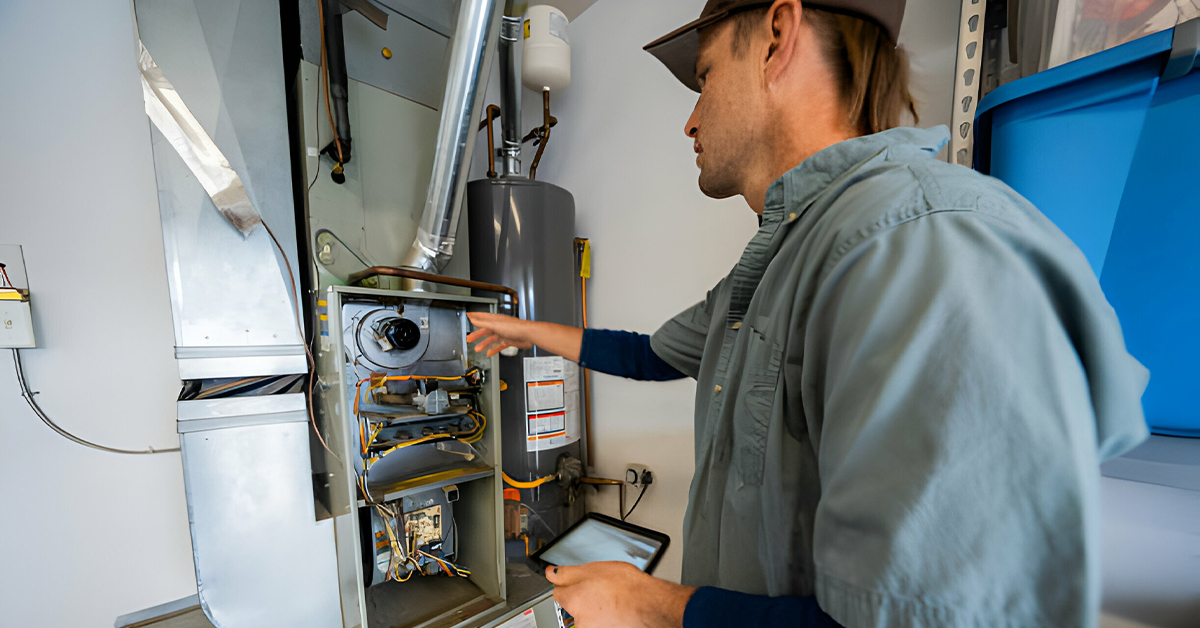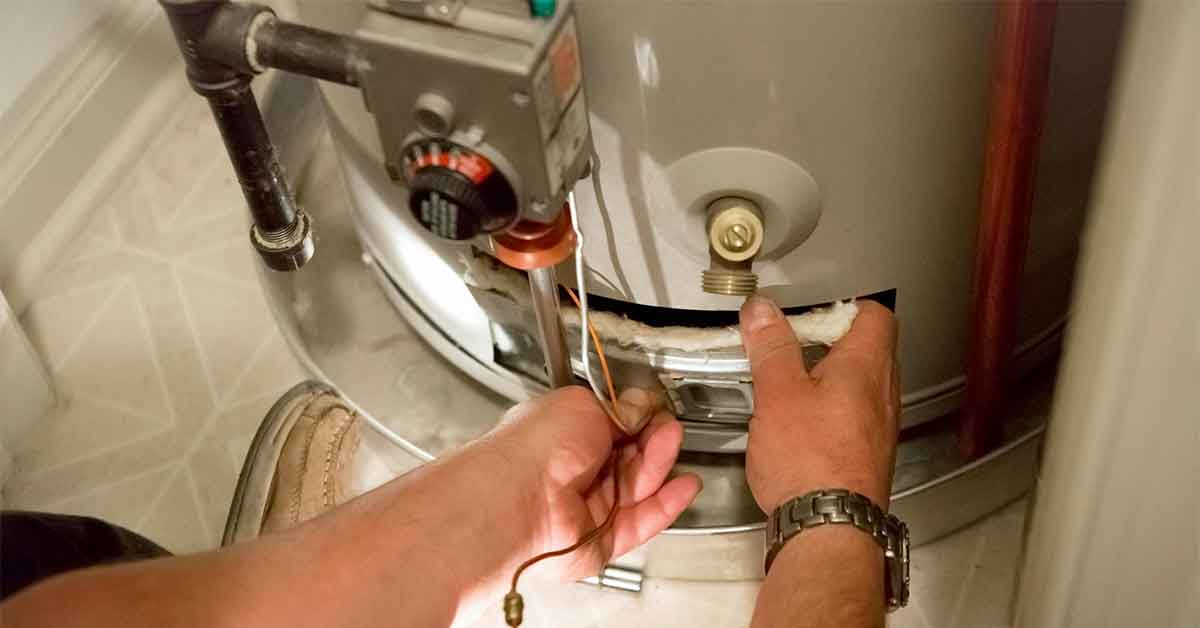Blog


Valves in Heating Systems: Guardians of Flow, Efficiency, and Safety
In the intricate web of heating systems, there are heroes that often go unnoticed: the valves. These subtle components might not be the most glamorous, but their role is undeniable. By regulating the flow of gas, water, or air, they form the backbone of system efficiency, reliability, and safety.
The Underlying Science: Why Flow Control Matters
Every heating system relies on the precise movement of mediums, be it gas, water, or air. It’s a delicate balance, with each element demanding precise quantities to ensure optimal heat transfer. Valves act as arbitrators in this flow, constantly adjusting to maintain the perfect equilibrium.
Gas Valves: The Flame’s Gatekeeper
Central to the functioning of gas-driven heating systems is the gas valve. This component has the meticulous task of regulating the inflow of combustible gas into the burner. Think of it as a tap; it modulates the flow based on demand, ensuring that combustion is both consistent and efficient. It’s this precision that maintains the desired ambient temperature while simultaneously ensuring judicious fuel consumption.
The World of Zone Valves: Hydronic System’s Maestros
Dive into the realm of hydronic heating, and you’ll quickly encounter zone valves. With water as the heat medium, these systems often serve different heating zones within a structure. The zone valve’s role is to direct this heated water flow, determining which zones need warmth. By providing this compartmentalized control, these valves empower users with the ability to fine-tune their comfort levels, zone by zone.
Safety’s Watch Dogs: The Relief Valves
While efficiency is vital, safety is paramount. In this quest, relief valves emerge as the champions. These components are always on the lookout, vigilantly monitoring internal system pressures. Should these pressures threaten to cross safe thresholds, relief valves spring into action, releasing the excess to prevent potential mishaps or system failures.
Beyond Individual Roles: The Symphony of Valves
Each valve, with its unique function, contributes to a larger narrative. When they operate in concert, these valves create a harmonious balance of flow and pressure across the system. This intricate ballet ensures both peak performance and unparalleled safety in the heating operations.
Valves’ Health: A Routine of Regular Checks
As stalwarts of system functionality, valves demand regular care. Over time, they might face challenges like corrosion, wear, or even sediment build-up. Regular heating maintenance routines, involving inspections and timely replacements or repairs, can ensure their unwavering efficiency.
The Next Generation: Valve Innovations on the Horizon
The valve industry isn’t static. With technology’s relentless march, today’s valves are leagues ahead of their predecessors. They boast features like digital integrations, real-time monitoring capabilities, and adaptive responses to environmental changes. This continuous evolution promises even greater efficiency and safety in the future.
Valve Selection: The Crucial Decision
Given the diverse range of heating systems, picking the right valve is critical. From understanding the nuances of size, material, and pressure ratings to flow coefficients, the selection process is meticulous. The right valve not only ensures smooth operation but also maximizes the system’s lifespan.
- The Bigger Picture: Valves’ Environmental and Economic Impact
Valves aren’t just about system functionality. When functioning optimally, they play a significant role in conserving energy. This conservation translates to a dual benefit: reduced carbon footprints, helping our environment, and tangible savings on energy bills, aiding our wallets.
The Importance of Training and Expertise
With such a pivotal role, the heating installation and maintenance of valves demand expert hands. Proper training ensures that these components are installed correctly, maintained regularly, and replaced or repaired when needed. The correct expertise can make all the difference between a system that runs flawlessly and one that’s prone to frequent hiccups.
Conclusion
While they may operate silently behind the scenes, valves are the lifeline of any heating system. Their meticulous regulation of flow and relentless focus on safety make them indispensable. As we continue to demand more from our heating systems – greater efficiency, enhanced safety, and minimized environmental impact – the role of valves will only magnify. Recognizing and respecting their contribution is the first step in ensuring a future of warm, safe, and sustainable interiors.




